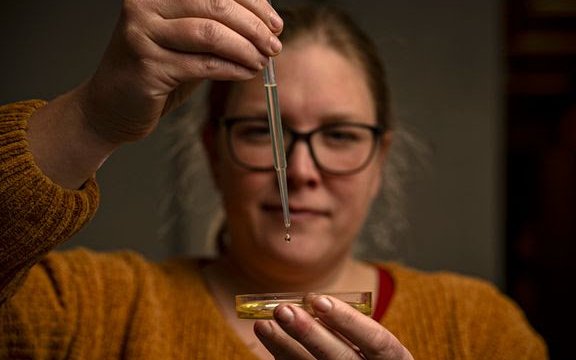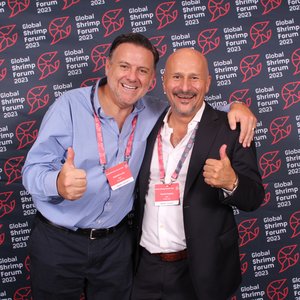In order to grow, algae require light, temperature and nutrients. However, growth is also affected by algae genes. Scientists tested whether it is possible to breed microalgae as one does with farmed fish: When crossing individuals or genera that produce high yields, the next generation produces higher yields than the previous one, and so on.
“We wanted to know whether breeding can contribute to faster growth and increased omega-3 content. The initial trials we carried out yielded very promising results,” said Nofima senior scientist Marie Lillehammer.
Many microalgae reproduce vegetatively. Therefore, the scientists chose the species Seminavis robusta, a well-studied alga that has sexual reproduction. Eight lines of the species were crossed with each other in one generation and tested in the breeding trial.
Although the species is not very relevant as a feed resource, the trial showed that 18% of omega-3 production in the algae is determined by the genes (heritability). Breeding gives an 8.8% increase in omega-3 in one generation.
Growth percentages were even higher. With a 50% heritability, the microalgae grow 25% faster per generation; in theory, a ninefold increase per year, given ten generations in one year.
“It may be that inbreeding and physiological limitations would halt growth over generations, or growth would have side effects. However, the trial shows that breeding should be explored further if microalgae is to become an important feed ingredient for European aquaculture,” says Lillehammer.
The research is part of the project NewTechAqua, which is financed by the EU through Horizon 2020, and runs in collaboration with Universidad de Las Palmas and Ghent University.













